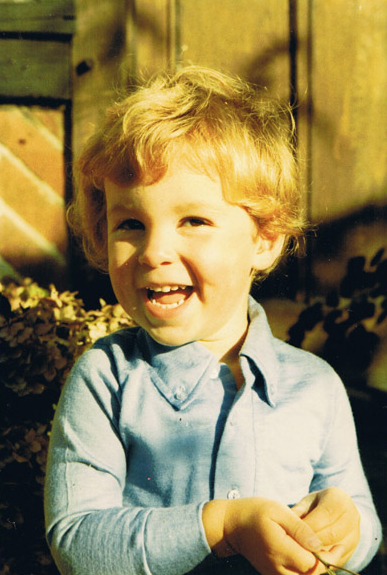
"dyslexia" < noun >
A disorder involving difficulty in learning to read or interpret words, letters, and other symbols.
- Oxford Concise Dictionary
DYSLEXIA
As an author I'm not into 'rapid composition'. I was Dyslexic as a child and it rendered learning difficult. The brain interprets written and spoken language slowly because of neurological differences. At boarding school, when I was a little boy, I liked to read adventure books after the lights were switched off. I hid in my bed using a torch and let my imagination fly, trying not to allow the light to spill out from under the covers to keep the others awake. I read a lot, but slowly. I have heard that at the end of the 1970s, many schools and examining bodies did not officially accept that Dyslexia existed. I wasn't told about it for years because I could have used it as an excuse for being lax. I remember my father taking me to see a man called Mister Jolly, on a regular basis, with a picnic in a Tupperware box held in my small hands. Doctor Jolly was a pioneer who taught me to read phonetically, and the technique filtered into my written word.
At fifteen, dyslexia became detrimental to my qualifications. During the English exam you were required to write three stories, but in the time available I only ever managed to write two. Full marks could only achieve 66% of the maximum grade. Of the eleven subjects I took at 'O' level I gained only six passes at Grade 'C'. It never occurred to me to ask for extra time. I decided to continue my education at the same school, wanted the respect of being a Sixth Former. However, it became clear that 'A' levels were too difficult for me. My Curriculum Vitea was looking shabby from a young age. Most authors have an impressive list of experience and qualifications, but I dropped out of school at seventeen to work on a building site. Nevertheless, it never stopped me being published.
Cutting and pasting the end of a sentence onto the beginning can seem like a big improvement, even now. When I read I 'hear' dialogue at the same pace it would be spoken aloud. I don't know if other people do that. The concentration required to read is a different act to the concentration required to create. Stephen King said that "if you don't read, you can't write", but I got onto the ladder and almost never read fiction by anyone else. Perhaps my style is not influenced and clichés are accidental. Perhaps, with the exception of what I learn through watching movies, originality is also serendipitous. Nowadays Dyslexia is not considered an intellectual disability; it might even engender an added respect for language. Famous people with Dyslexia include: John Irving, Guy Ritchie, Anthony Hopkins, and Tom Cruise. It didn't stop them either. Nevertheless I have been slowed down by another, far more serious, problem, which is the theme of my memoir: schizophrenia.






